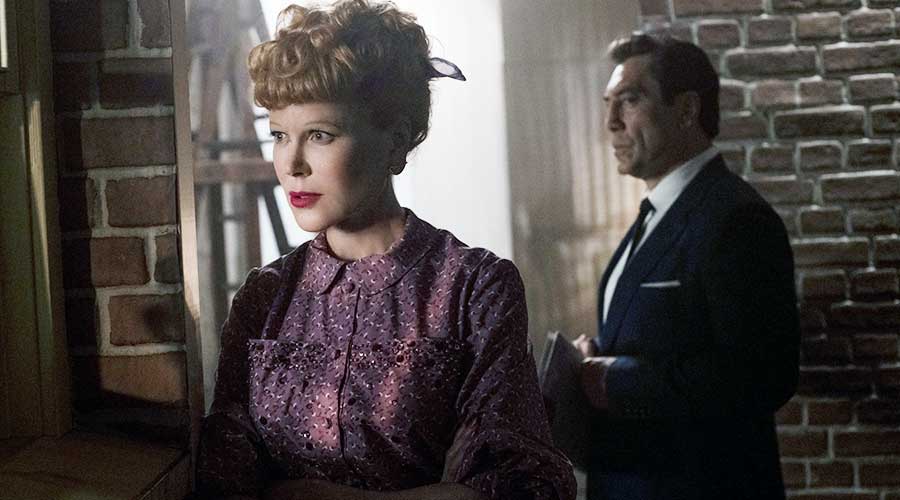What’s to watch on Netflix?
- 20 Apr - 26 Apr, 2024
Aaron Sorkin’s strenuously unrelaxed comedy-drama is inspired by the legendary US TV show I Love Lucy starring real-life married couple Lucille Ball and Desi Arnaz whose surname on the show was “Ricardo”; their programme boldly cast Latino and white together, pioneered the three-camera sitcom, ruled the airwaves in the 1950s and dominated schedules with reruns for decades afterwards.

This movie imagines a stressed Ball dealing with tabloid rumours about her husband’s infidelity and career-endangering rumblings from the reactionary press that she is a Commie, all the while striving with unashamed perfectionism to get a misfiring scene exactly right. Nicole Kidman gives a conscientious but bafflingly mannered, un-intuitive and latexed impersonation of Ball, and Javier Bardem is the roguish Arnaz. Nina Arianda and JK Simmons are Vivian Vance and William Frawley who played their neighbours Ethel and Fred; Tony Hale is their long-suffering executive producer Jess Oppenheimer and Alia Shawkat plays head writer Madelyn Pugh.
Sorkin himself has a track record in situation comedy: he wrote the peculiar Studio 60 on the Sunset Strip, about an imaginary SNL-type show, and brilliantly mocked both himself and this programme with his cameo on Tina Fey’s 30 Rock. He has of course created brilliant movies and TV shows of all sorts, but his verbose dialogue could itself be called “screwball serious”: an often exhausting display of self-important liberals winning arguments against each other. This was what for us sank his previous film The Trial of the Chicago 7 and it makes this one weirdly uphill work, for all that it is ingeniously structured and vehemently performed.
There is also a mockumentary framing device in which older actors play some of the supporting characters interviewed in the present day (or, presumably 10 or 20 years ago, given the timeframe) with the repeated phrase “What you gotta understand is…” This formulation, which crops up in the main action, is an oddly hectoring but characteristic form of words, especially when they are not talking about anything all that weighty, and when important subjects, such as Ball’s actual current political opinions, are left unexamined.
An oddity, in which all the characters seem to be avatars for the loquacious Sorkin himself.
COMMENTS